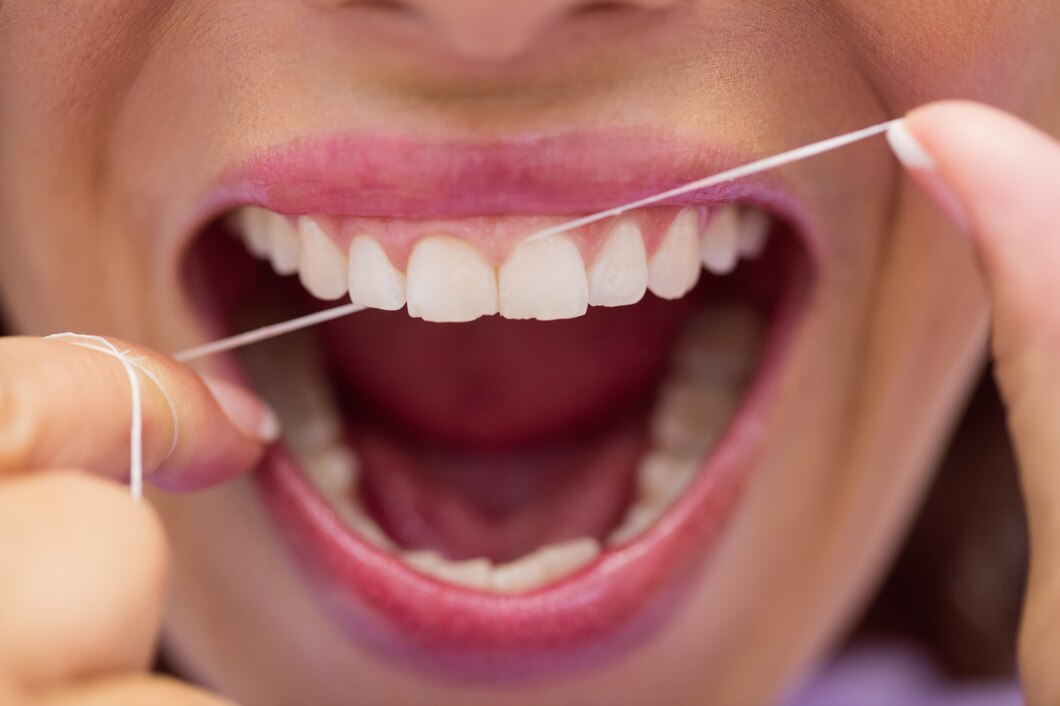Taking care of your teeth and gums involves more than just brushing twice a day. One essential habit that is often overlooked is flossing. Flossing helps remove food particles and plaque from between the teeth—areas that toothbrushes can’t easily reach. If left unchecked, plaque buildup can irritate the gums and increase the risk of gum diseases such as gingivitis.
A study conducted by Leny Pratiwi Arie S, S.Kp.G., MDSc., and drg. Iffah Mardhiyah, M.Biomed., found a significant relationship between knowledge and attitude toward flossing and the actual practice of flossing among students in the health cluster at Universitas Gadjah Mada. The results show that the more informed a person is about the benefits of flossing, the more likely they are to incorporate it into their daily routine. This highlights the importance of education in raising awareness about oral health care.
Regular flossing helps prevent gum inflammation and bleeding. When plaque and food debris are not removed, bacteria can thrive and release toxins that damage gum tissue. Daily use of dental floss can reduce the risk of gum infections, helping to maintain strong and healthy gums.
Flossing also plays a role in preventing bad breath. Food remnants stuck between the teeth can decay and cause unpleasant odors. A combination of flossing and regular brushing helps keep your breath fresh and your mouth clean. Many people view flossing as an optional step, but in reality, it has a significant long-term impact on oral and gum health.
Incorporating flossing into your daily dental care routine can help prevent various oral health issues and maintain a healthy smile for years to come. This practice also aligns with the Sustainable Development Goals (SDGs), particularly Goal 3 on Good Health and Well-being, which emphasizes disease prevention to improve quality of life. Furthermore, promoting good dental hygiene supports Goal 4 on Quality Education by encouraging the spread of health information in communities. It also ties into Goal 12 on Responsible Consumption and Production, advocating for the efficient and eco-friendly use of dental care products, as well as healthy habits that reduce the need for long-term medical treatment.
Reference
Leny Pratiwi Arie S, S.Kp.G., MDSc., drg. Iffah Mardhiyah, M.Biomed.The Relationship between Knowledge and Attitudes about Dental Floss and Flossing Practices among Health Cluster Students at Universitas Gadjah Mada, https://etd.repository.ugm.ac.id/penelitian/detail/233608
Author: Rizky B. Hendrawan | Photo: Freepik

